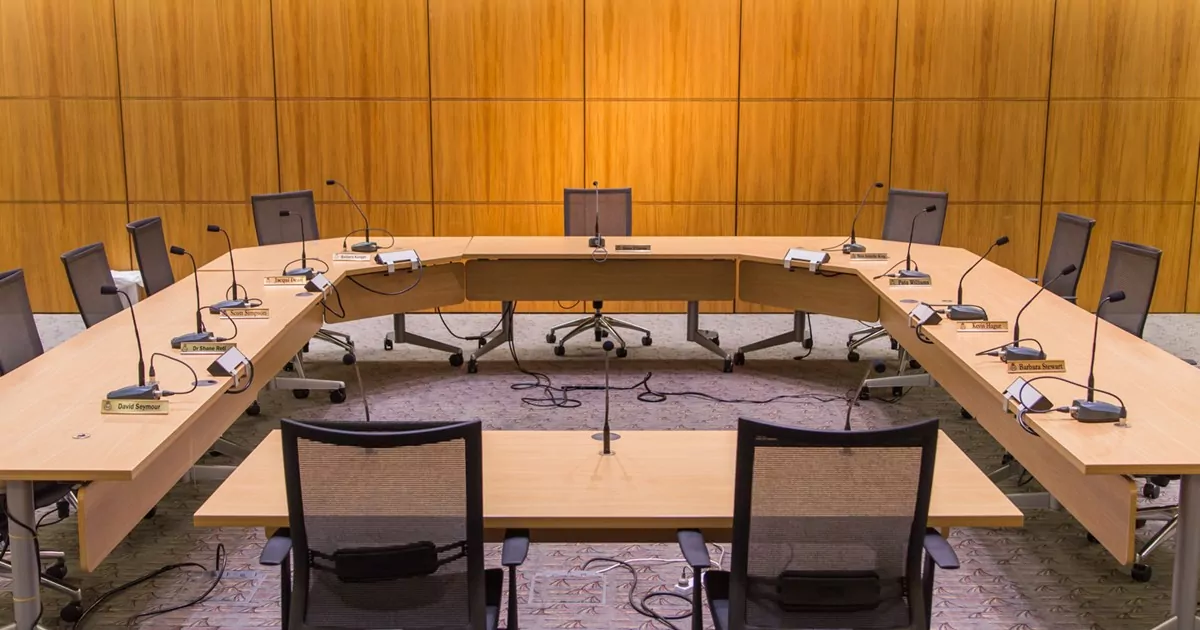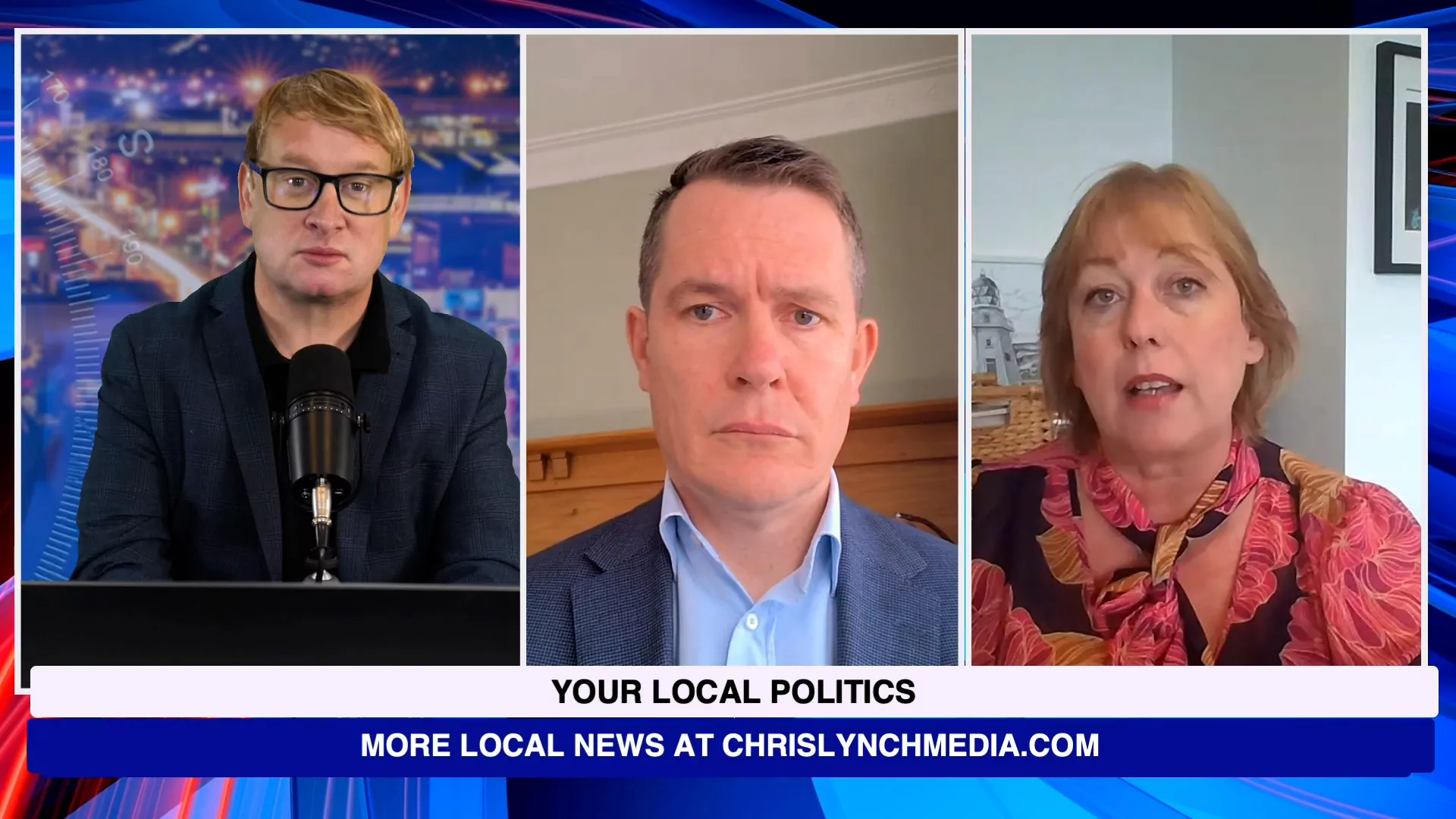Dr Bryce Edwards is Political Analyst in Residence at Victoria University of Wellington. He is the director of the Democracy Project.
New Zealand is the second least corrupt country on earth according to the latest Corruption Perception Index published yesterday by Transparency International. But how much does this reflect reality?
The problem with being continually feted for world-leading political integrity – which the Beehive and government departments love to boast about – is that it causes complacency about the existence of real corruption and shortcomings in our democracy.
For example, one of the biggest failings in New Zealand’s political system is our entirely unregulated system of corporate-political lobbying. Unlike similar countries, we have virtually no laws and regulations to keep the political power of vested interests and the wealthy in check. This means that the lobbying industry is booming, and corporate lobbyists are able to move back and forwards between senior government positions and private businesses with almost nothing to prevent conflicts of interest.
One of the latest high-profile cases involved former Justice and Immigration Minister Kris Faafoi quitting his Cabinet job and taking on a corporate lobbying job almost immediately. The move was one of the more brazen, but it was hardly an isolated incident, as those who work in the lobbying industry frequently shift in and out of senior government roles. This behaviour is referred to as the “revolving door”, in which lobbyists and political insiders frequently trade places, gaining influence, networks, knowledge, power, and then enriching themselves and the private sector.
The Labour Government has a lobbying problem
Lobbyists running the Beehive have become quite a recurring theme since Labour came to power. When Jacinda Ardern became prime minister in 2017 she immediately got rid of her existing Chief of Staff, Neale Jones, who straight away became a lobbyist. She then employed another well-known lobbyist, GJ Thompson, who helped set the Government up, employed the staff, and then shifted straight back to the private sector to help corporates lobby the Beehive.
Yesterday we learned PM Chris Hipkins has hired another lobbyist to run the Beehive – Andrew Kirton. The new Labour prime minister has therefore followed Ardern’s democratically dangerous precedent of bringing in someone from the world of corporate power and influence, who is likely to eventually go back to lobbying afterwards.
Kirton has been working for the last year for Anacta Consulting – a trans-Tasman “government relations” firm run by David Talbot who, with political commentator Stephen Mills, also provides opinion polling to the Labour Government and corporate clients.
A former student of the University of Oxford and London School of Economics, Kirton has in the past run his own lobbying firm, Kirton Consulting, but is more well known in the lobbying industry for being the head of government relations for Air New Zealand, working for Christopher Luxon when he was CEO. Kirton’s background in the corporate world also includes working for housing property developers and, when living in London, with the London Chamber of Commerce and head of public relations for Heathrow Airport.
Kirton also has a very strong political background in the Labour Party, having worked as the party’s general secretary responsible for corporate fundraising, and as a spindoctor and strategist for Helen Clark’s Labour Government.
He rose through the ranks of the Labour Party in the typically modern way, first as a president of the New Zealand University Students Association, and then working for a union (Finsec). He then became close friends with rising Labour stars including Jacinda Ardern, Grant Robertson, and Chris Hipkins. In 2017 he ran Labour’s successful election campaign.
He is now married to Labour list MP Camilla Belich, who is the frontrunner to take over from Ardern as the MP for Mt Albert. And Kirton himself has been upfront about wanting to enter Parliament. Wellington insiders say that despite his deliberate low profile, Kirton is one of the most well-connected in the Capital.
Kirton is no stranger to controversy, however, as he was General Secretary of Labour at the time of the 2017 Summer Camp scandal, when allegations of sexual harassment occurred. Kirton was criticised for presiding over an investigation that took a “victim-centred” approach, which was seen by some as a “cover-up”, with Police not called, no outside investigation launched, and families not informed.
The problem with a lobbyist running the Beehive
The conflicts of interest involved in having corporate lobbyists come in and run governments are immense. In other countries, it would be illegal. Here in New Zealand, unusually, there are no rules preventing lobbyists from coming in and out of top political rules.
While lots of media analysis is given to the ministers running the country, especially when there are reshuffles, there is a lack of acknowledgement that it is the unelected officials in the Beehive who often have much more power and influence over what happens.
Therefore, it is disappointing that Kirton’s appointment is not receiving much publicity or scrutiny. So far, the news items about his appointment don’t even mention that he is a lobbyist, and instead there is a vague mention of him being a “PR man”.
Kirton has deleted his social media accounts such as Twitter, and his LinkedIn profile, which gave the details of his past lobbying and corporate employment roles.
It’s time to have some clear rules about ministerial jobs and the lobbying industry. Currently, there is nothing in the Cabinet Manual to prevent the likes of Kris Faafoi or the various lobbyists from moving in and out of the Beehive. And of course, once Kirton finishes his job as Chief of Staff, perhaps in October, he will be free to go straight back into the corporate world lobbying government again.
At the very least, when lobbyists come into positions of political power they should have to manage their conflicts of interest with full transparency. If lobbyists are to be allowed to take on jobs running the Beehive, a condition of employment should be the full public disclosure of the clients of their lobbying firm. But don’t expect to find out who Kirton’s Anacta worked for anytime soon. This isn’t the culture in the Beehive.
When she was prime minister Jacinda Ardern was frequently lampooned for the promise that her government would be the most transparent government ever. We are yet to see how transparent Chris Hipkins will be, and how much he is willing to allow decision-making to be tied up with vested interests. But he is off to a very poor start by giving his top position to a corporate lobbyist.
Dr Bryce Edwards is Political Analyst in Residence at Victoria University of Wellington. He is the director of the Democracy Project.









